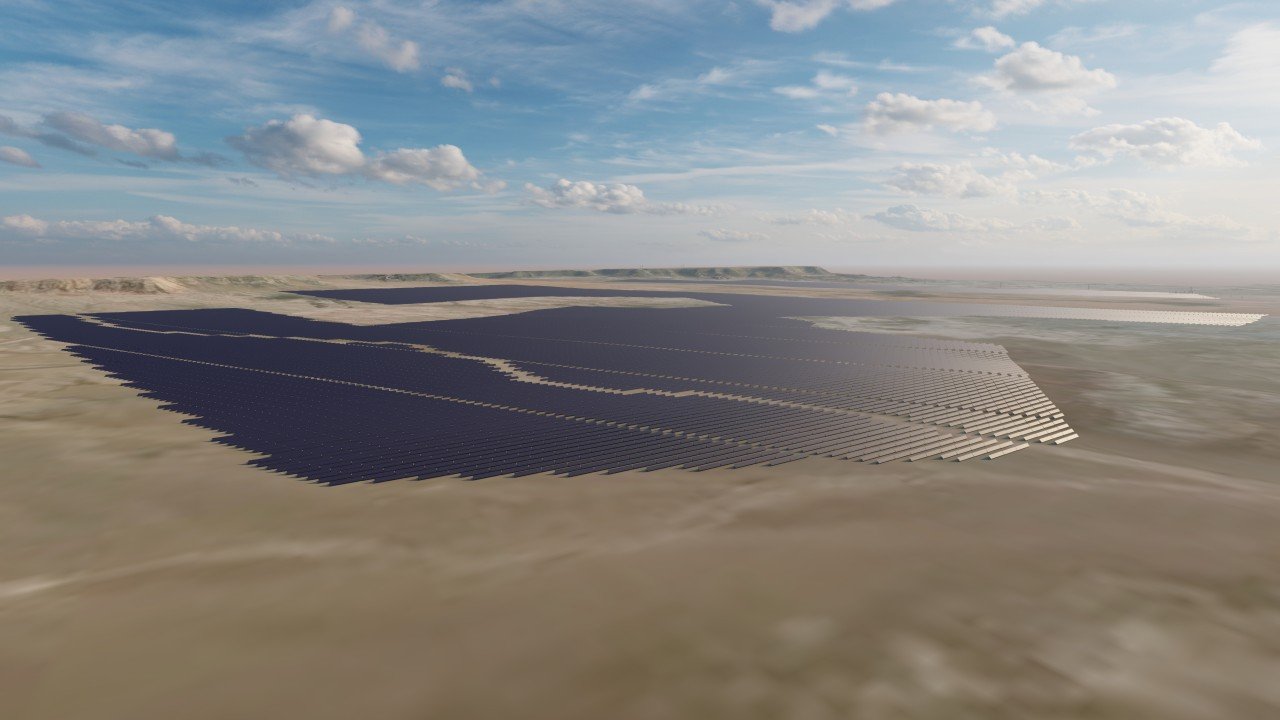
November 13th, 2020 — Prior to 2009, there were no solar photovoltaic (PV) plants larger than 20 MW operating in the United States. Today, the size and scope of economically viable solar PV applications dwarfs those of the past, with hundreds of completed projects over 20 MW in the United States alone. This year, a single plant, the Pavagada Solar Project in India, expects to bring the final 650MW of its 2GW of total capacity online.
The rapid expansion of utility-scale solar is due largely to the plummeting cost of solar PV modules, which has decreased by 86% in utility-scale applications from 2010 to 2017. Non-hardware costs, or “soft costs,” have meanwhile remained stubbornly persistent and account for an increasing share of total project costs, from 27% in 2010 to 41% in 2017. As solar PV scales, soft costs and operational efficiency are quickly becoming the biggest barriers to continued growth in the sector.
Increasing Project Sizes Lead to Complexities and Costs
The utility-scale solar market is rapidly maturing and expanding. In 2018, utility-scale projects (5 MW or larger) accounted for nearly 60% of all new solar capacity, and the sector is projected to make up the largest share of new solar capacity through at least 2023. Increases in the size of utility-scale projects and globalized supply chains challenge entrenched industry practices that have failed to evolve over the last two decades.
Current approaches in utility-scale solar development, procurement, fulfillment, and construction are not optimized to scale, failing to correct for the compounding soft costs associated with logistics and on-the-ground execution. Planning delays, unmitigated safety risks, and a lack of shared insights across teams contribute to longer project timelines and lower margins.
The notable gap between efficient deployment and rapidly rising demand requires a comprehensive and scalable solution. Terabase Energy addresses this gap through a two-part development and deployment platform that tracks and automates the complexities of utility-scale development, delivering a 10%+ improvement in overall project value.
Powerhouse Ventures Invests in Terabase Energy
Terabase’s platform is built to capture and expand upon the unique opportunities associated with utility-scale solar economies of scale, enabling developers and EPCs to better scope, track, manage, and understand the complexities associated with directing tens of millions of components across global supply chains. Terabase utilizes GIS design tools, AI-enabled consulting & engineering services, and inventory tags that track the location and fidelity of components, ranging from PV panels to the wood pallets that hold them.
The scale of these projects is massive, and with it the opportunity to reduce soft costs. A recent Terabase project involved 2 million panels, 4,000 shipping containers, 100 million pounds of steel, and 500,000 hours of installation labor. "When you’re talking about 100 million pounds of steel,” remarked Terabase Co-Founder & CEO Matt Campbell in a recent Greentech Media article, “it might be worth it to optimize a little bit.”
Powerhouse is excited to work with Terabase’s team, which brings unparalleled experience in utility-scale solar. The founding team is comprised of six senior leaders from SunPower, from the former VP of Global Power Plants to the former Deputy GM of Strategic Expansions. As a testament to Terabase's expertise and value, over 50 companies signed up for the platform in less than two weeks after its launch. The company is currently working on more than 5GW of projects in 7 markets.
Powerhouse joins City Light Capital, Trancoso Partners, and former SunPower Systems President Howard Wenger in Terabase Energy’s $2M seed round.
Special thanks to Alex Harbour, Gayatri Shahane, and Ry Storey-Fisher
To read more about Powerhouse Ventures’ other publicly-announced investments, visit our Insights page. Co-Founder and CEO Matt Campbell’s interview on our podcast Watt It Takes, where he shares the story of founding Terabase, can be found here.
